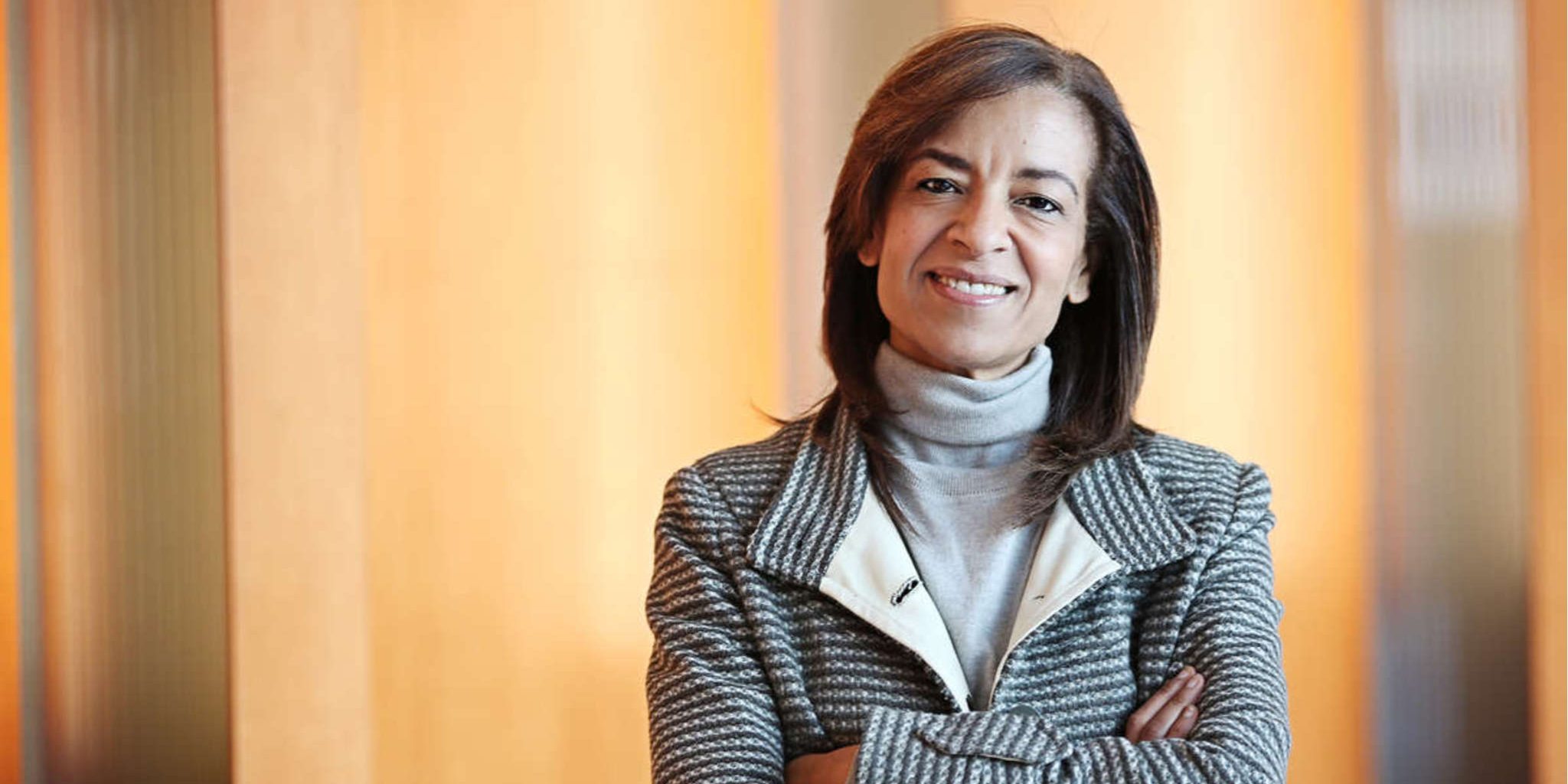
Buried in Immunocore's IPO filings? A kickback scheme from a now former employee
Immunocore spent much of 2019 dealing with the fallout of the Neil Woodford scandal, as the former star investor’s fall crashed the biotech’s valuation out of unicorn range. Now it turns out that the company spent 2020 dealing with another internal scandal.
The longtime UK biotech darling disclosed in their IPO filing last week that they had fallen victim to an alleged kickback scheme involving one of their employees. After a whistleblower came forward, they said in their F-1, they spent the summer and spring investigating, finding fraud on the part of an employee and two outside vendors.
Unlock this article instantly by becoming a free subscriber.
You’ll get access to free articles each month, plus you can customize what newsletters get delivered to your inbox each week, including breaking news.